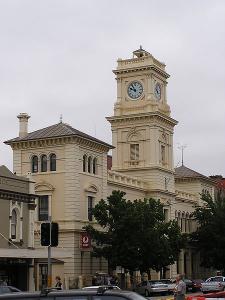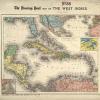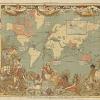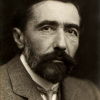We live in a world that is haunted by its colonial past. But which past is this? And is it also a colonial present? Human history is dominated by the colonization of different parts of the world, by the rise, expansion and fall of imperial powers, and by newly emergent independent nations. Postcolonialism, in its full capacity as a mode of analysis and as a critical lens, extends across these huge areas. It is concerned with the colonized and the colonizer, the pro-imperialist and the anti-imperialist, the local and the global, the national and the transnational. It moves between extremes, from the fixed, rigid borders of the colonial or apartheid city, on the one hand, to the fluid, diasporic journeys of migrants on the other. Its Marxist and materialist advocates maintain these antagonistic dualities in their effort to politicize, whilst its poststructuralist and postmodern tangents complicate and blur these binaries. In all cases, postcolonialists seek to puncture holes in previously uncontested intellectual, literary, public, philosophical, political, and economic spaces. Postcolonialism is radical in its politics, it is subversive in its approach, it is essential in its quest to gain a fuller understanding of the history of the world that we live in.
That, you might quite rightly consider, is a huge task. And it is for this reason that postcolonialism, and the post/colonial writers with which this section of Great Writers Inspire is concerned, can be most definitively grouped by their heterogeneity. However, they do share a common theme: the exploration of multicultural situations and the contestation of the social hierarchies embedded within these, providing a plethora of varying perspectives upon the phenomenon of a globalized world, and the colonial and post-colonial histories of which it is an outgrowth.








